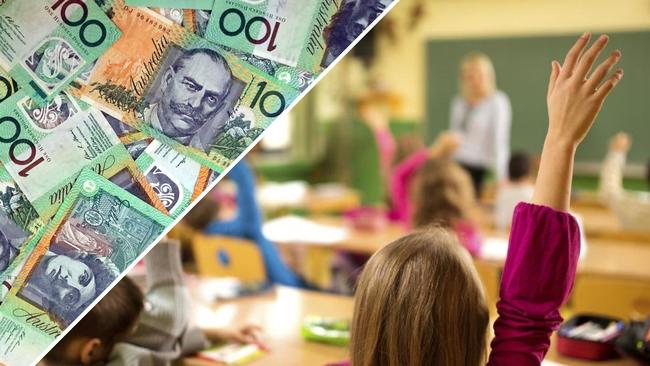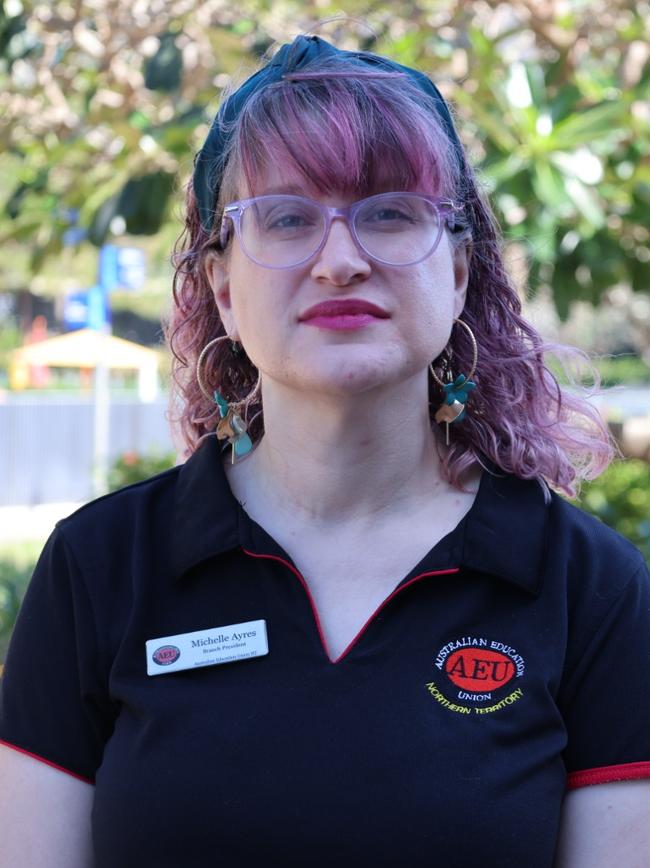NT Education Budget breakdown for 2024-25 and its impact on students and teachers
The NT government has handed down its latest budget with a record-breaking purse for education. Here’s how your child benefits.

Education
Don't miss out on the headlines from Education. Followed categories will be added to My News.
A historic cash splash for education is a welcome relief to teachers and parents alike after years of chronic underfunding to Territory schools.
The $1.34 billion budget fully funds the Territory’s public schools for the first time in NT history.
Last year, one in five public students went to school without the funding to back their education because the NT struggled to make ends meet with just 77 per cent of the Schooling Resource Standard.
Public schools – including preschool, primary, and secondary levels – have been given an extra $100m to bring their budget to a combined $890m.
About 73 per cent of the new funding has specifically been allocated to ensure the Territory meets the Schooling Resource Standard.
It comes after a joint billion-dollar boost from the NT and federal governments in March.
Non-government primary and secondary schools received a combined $16m boost in the new budget.
Early learning received an extra $736,000, rounding their slice of the budget to $29.1m.
International education will receive $2.2m – up from $1.8m in last year’s budget.
The government has dedicated $9.6m to higher education, up $27,000 from last year.
The Department of Education’s corporate staff received an extra million dollars but the sector’s shared services dropped $6.3m to $64.8m.

Though the historic budget has been welcomed by the NT’s education advocates, concerns remain around capital funding.
The budget has only allocated $14.2m for “new capital works”.
This includes $8.7m for a new preschool and admin space for Alekarenge School, $2m for the Energy Smart Schools program, $2m for feasibility studies into new specialist and secondary schools in Palmerston, and $1.5m in upgrades to Yirrkala school.
It comes just days after the Territory’s remote teachers said school infrastructure was failing NT kids.
Australian Education Union NT branch president Michelle Ayres on Tuesday said the additional spending on schools could result in a bottleneck if the government does not also invest in infrastructure.
“We’re putting a lot of money into Student Resource Standard funding – which we have fought hard for, absolutely a huge win – but that money can only be spent on resources,” she said.
“It cannot be spent on anything with a capital value, so it can’t be spent on buildings, it can’t be spent on infrastructure upgrades, can’t be spent on housing.”




